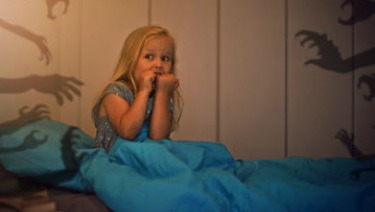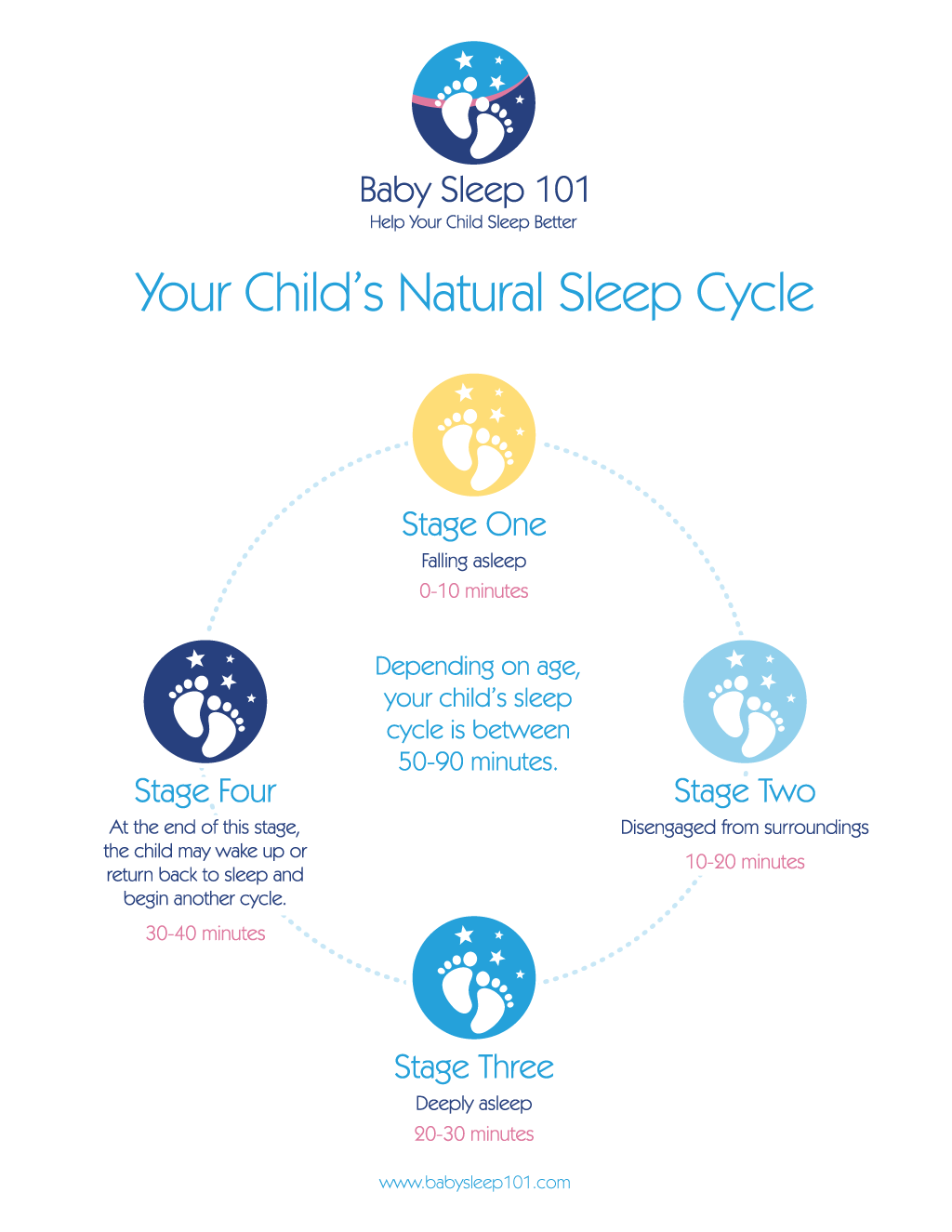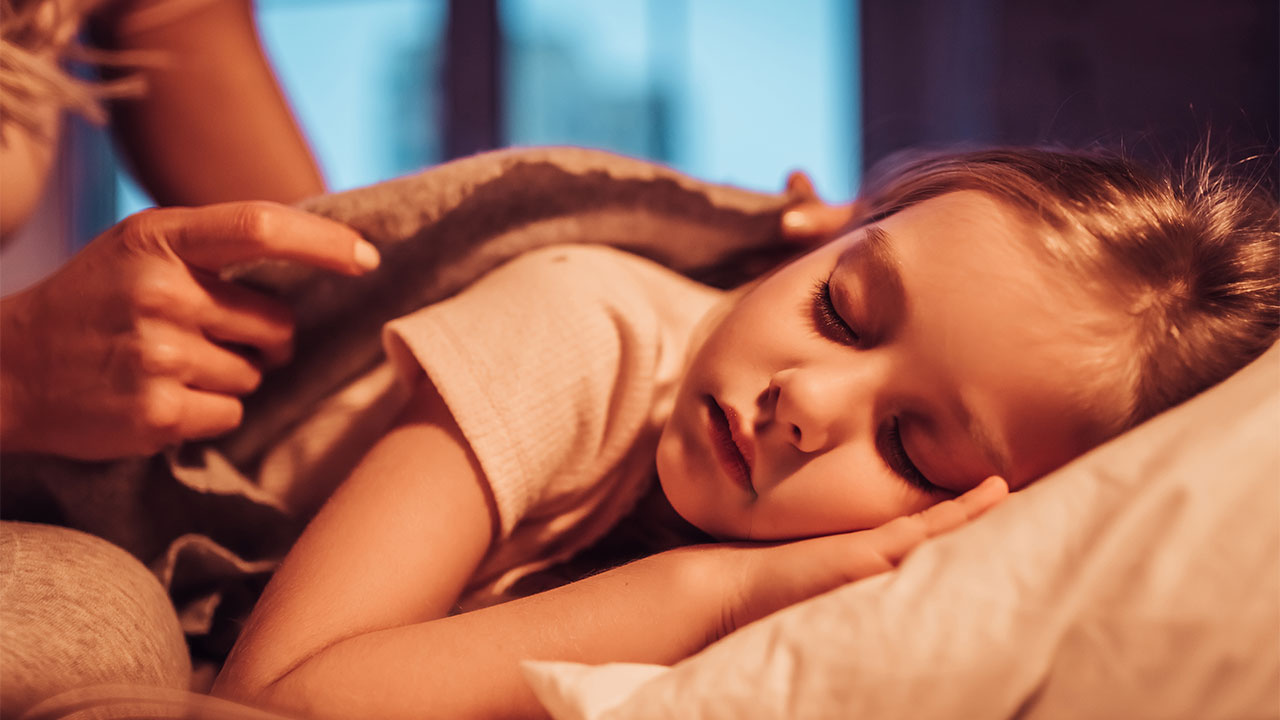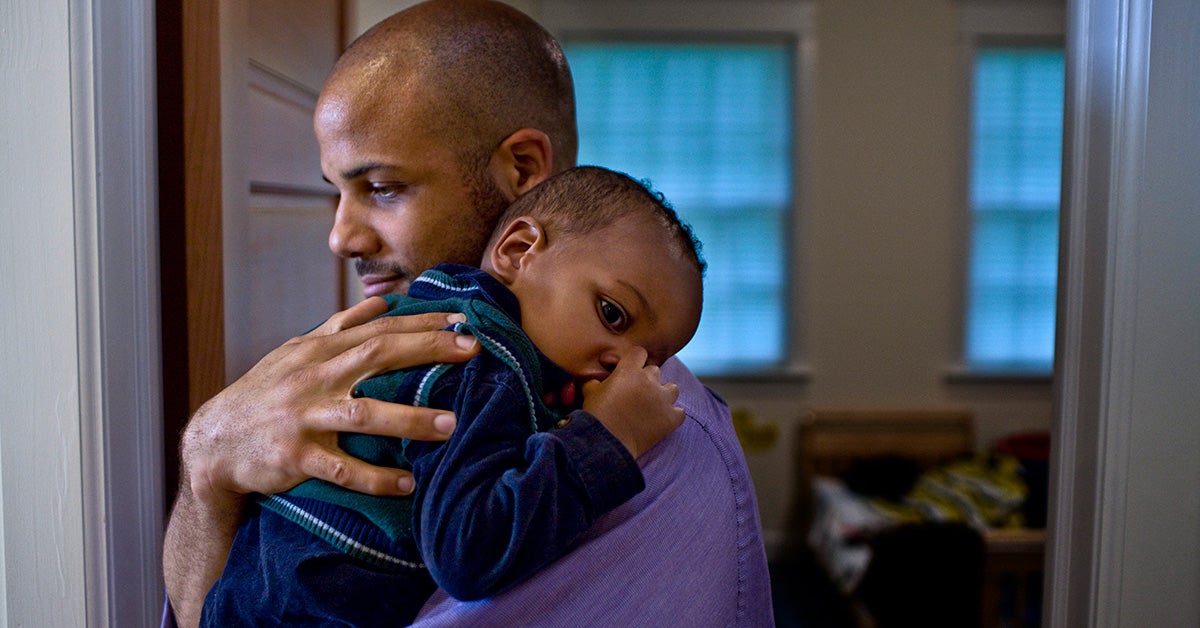- Get link
- X
- Other Apps
But now at 2 years and 4 months old he has started having them a few nights each week. Going to bed later than usual.
 Nightmares And Night Terrors In Preschoolers Healthychildren Org
Nightmares And Night Terrors In Preschoolers Healthychildren Org
Night terrors occur most often in toddlers and preschoolers and take place during the deepest stages of sleep.

4 year old night terrors. Nightmares are common in children aged 3 to 6 years old. During a night terror episode a child might. A study of almost 2000 children found that 40 percent of children between ages 2 12 to 6 years old experienced night terrors.
Night Terror Signs and Symptoms. Laberge et al 2000. Getting over tired is a major trigger for night terrors.
Night terrors are an inherited disorder in which a child tends to have dreams during deep sleep from which it is difficult to awaken. More on Toddler Sleep Toddler Safe Sleep Practices. Youll know its a night terror because usually.
They seem to be a little more common among boys. Sit up in bed. They can occur more than once in a night although some kids seem to have more than others.
1 Zigy Kaluzny Gettty Images. The biggest risk factor for having a night terror is being overtired. Although they are most common in children between the ages of 3 to 7 years they can occur at almost any age.
The sleep terror or sleepwalking may last a few minutes to an hour. Sleep terrors are different from nightmares. I just try to comfort him as he flails about screaming in apparent fear.
Night terrors usually occur in children from one to eight years old. Night terrors are most common in preschool-age children around 3 to 4 years old. These dreams can cause a child to shout thrash and get out of bed.
Fevers are the one thing doctors claim is a potential cause of night terrors. Children with night terrors may also have. Studies estimate that between 11-20 of children aged 9-10 years experience night terrors Shang et al 2006.
Petit et al 2015 Kim et al 2017. How are night terrors different from nightmares. During a night terror which lasts from two to 15 minutes your little one may cry scream and shout out in panic.
Nightmares usually occur later in the night and cause strong feelings of terror fear distress or anxiety. These occur in about 2 of children. They can occur in babies from around nine months but are more common in little ones from around three to eight years old.
If your child gets up and moves around during their night terrors make sure your childs bedroom and any other areas of the house they can get to are safe for your child. They usually happen within 1 to 2 hours after the child has fallen asleep. They can occur in children up until around age 12 and should stop once your child reaches their teen years and.
Deepest sleep is usually early in the night often before parents bedtime. Children tend to grow out of it but lots of kids still have night terrors during the primary school years. Some kids may inherit a tendency for night terrors about 80 who have them have a family member who also had them or sleepwalking a similar type of sleep disturbance.
Other causes of sleep disturbance such as travel. Studies show that omegas are strongly linked to behavior and focus. A night terror is a sleep occurrence seems similar to a nightmare but is far more dramatic.
Some kids may inherit a tendency for night terrors about 80 who have them have a family member who also had them or sleepwalking a similar type of sleep disturbance. Caffeine or other stimulants close to bedtime. Kids often grow out of them by about age 12.
By some estimates around 30 percent of children have occasional night terrors. And my heart breaks for my little guys because I too suffered from night terrors into. That was the primary cause of night terrors for my two boys.
My 4 year old had night terrors for about 6 months around 2-3 years of age. I hoped my younger would not have the same experience. A night terror is more likely to occur in a child who has any of these experiences all of which can lead to her being overtired.
Most children grow out of them. They seem to be a little more common among boys. If your child has a fever give them Advil or Tylenol to break it.
Most children outgrow night terrors by the time they reach puberty. During a night terror your child might. Night terrors are more common in young children from toddlers to grade-schoolers.
Night terrors are most common in children aged 2-4 years but can happen in children aged up to 12 years. Sleep terrors and sleepwalking are related disorders of sleep that usually go away by adolescence. In a small number of children who have frequent episodes of night terrors referral to a specialist service may be needed.
Night terrors are an inherited disorder in which a child tends to have dreams during deep sleep and its hard to waken them. Night terrors usually strike the first few hours after your toddler hits the sack during deep non-REM sleep and may last up to 45 minutes although most are much shorter. Night terrors can sometimes be disturbing to parents and caregivers.
Night terrors usually happen in kids between 4 and 12 years old but have been reported in babies as young as 18 months. Night terrors are a common sleep problem among children. Night terrors usually happen in kids between 4 and 12 years old but have been reported in babies as young as 18 months.
 Night Terrors Nightmares How To Help Your Child Sleep Baby Sleep 101 Child And Baby Sleep Training
Night Terrors Nightmares How To Help Your Child Sleep Baby Sleep 101 Child And Baby Sleep Training
 Coping With Night Terrors Purple Parenting
Coping With Night Terrors Purple Parenting
 Nightmares Vs Night Terrors Wee Bee Dreaming Pediatric Sleep Consulting
Nightmares Vs Night Terrors Wee Bee Dreaming Pediatric Sleep Consulting
 What Are Night Terrors Symptoms Causes Treat In Children Toddlers
What Are Night Terrors Symptoms Causes Treat In Children Toddlers
Toddler Nightmares And Night Terrors
 Kids Aren T The Only Ones Affected By Night Terrors What Parents Need To Know Night Terror Night Terrors In Children Kids Sleep
Kids Aren T The Only Ones Affected By Night Terrors What Parents Need To Know Night Terror Night Terrors In Children Kids Sleep
 Are Sleep Terrors Disturbing Your Child S Sleep Tips For Parents Health Essentials From Cleveland Clinic
Are Sleep Terrors Disturbing Your Child S Sleep Tips For Parents Health Essentials From Cleveland Clinic
 When Children Have Night Terrors Parents
When Children Have Night Terrors Parents
 Night Terrors In Children Raising Children Network
Night Terrors In Children Raising Children Network
/what-to-do-about-infant-night-terrors-4174298-5bb7c98c46e0fb0026e0e376.png) Toddler Night Terrors Definition Symptoms Causes Treatment
Toddler Night Terrors Definition Symptoms Causes Treatment
 Baby Night Terrors Signs What To Do Prevention And More
Baby Night Terrors Signs What To Do Prevention And More
 2 4 Year Old Waking Up At Night Parenting Kids Sleep Toddler Sleep
2 4 Year Old Waking Up At Night Parenting Kids Sleep Toddler Sleep
 Nightmares Vs Night Terrors Pediatric Parasomnias Explained Wink Bundle
Nightmares Vs Night Terrors Pediatric Parasomnias Explained Wink Bundle
 Nightmares Vs Night Terrors Wee Bee Dreaming Pediatric Sleep Consulting
Nightmares Vs Night Terrors Wee Bee Dreaming Pediatric Sleep Consulting
Comments
Post a Comment